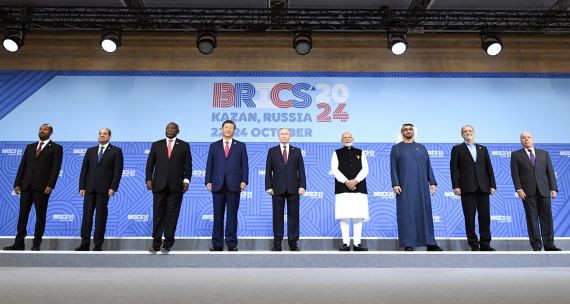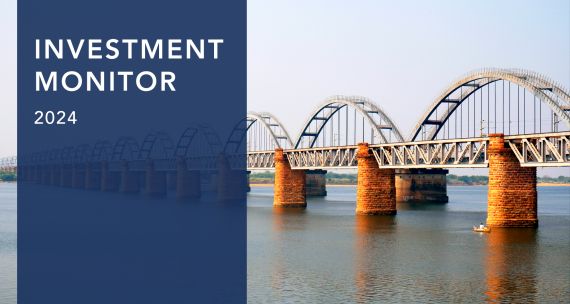The global nuclear energy industry is at a crossroads as demand for nuclear energy shifts from North America and Europe to developing Asia. On December 2, 2015, the Asia Pacific Foundation of Canada convened the Maximizing Canada’s Nuclear Energy Opportunity in Asia workshop in Toronto to assess the opportunities and challenges facing Canada as it seeks to adjust to this more Asia-focused nuclear energy landscape.
The key question for policy makers and the Canadian public is: Does Canada’s nuclear energy relationship with countries in Asia matter? The answer is "yes," for a number of reasons:
- Economics: Canada’s nuclear energy industry currently creates 30,000 direct and 30,000 indirect jobs and is estimated to provide C$1.5 billion in provincial and federal taxes. The industry needs to access new market opportunities in Asia to ensure its future financial health.
- R&D collaboration: Canada has more than 70 years of experience in nuclear energy technology, while many countries in Asia are either well-established or emerging leaders in nuclear energy technology. Canada can bolster its R&D industry through research partnerships with Asian countries.
- Combating climate change: Countries across Asia face the dual challenge of securing large amounts of energy to develop economically while also reducing carbon emissions that contribute to climate change. Canada has an excellent opportunity to collaborate with Asian countries on nuclear energy technology and services that can achieve these dual objectives safely and economically.
- Government-to-government relations: The way Canada handles issues related to nuclear energy and non-proliferation can impact our other political objectives abroad. This was demonstrated by the chill in the Canada-India relationship when Canada ceased nuclear energy co-operation with India in the 1970s over issues related to non-proliferation.
- Commitment to nuclear safety: As India and China increase their use of nuclear energy, attention must be paid to nuclear safety. Canada can partner in the provision of technology and expertise in this area.
Participants noted that the rapid development of nuclear energy in India and China in particular presents commercial and research opportunities for Canadian companies and research institutions, especially in the areas of:
- Uranium sales and investment in uranium extraction
- Collaboration on pressurized heavy water reactor technology/R&D
- Small modular reactors (SMRs)
- Collaboration on third market opportunities
- Nuclear medicine/isotopes
This report provides an overview of these opportunities and recommendations for how government and industry can overcome barriers to Canada-Asia engagement on nuclear energy and maximize synergies.



